Best Seasons for Fence Post Removal
Fence post removal service is most effective during specific times of the year, depending on soil conditions and vegetation growth. The optimal period generally falls in late fall or early spring when the ground is either frozen or moist, making it easier to extract posts without damaging surrounding areas. Timing can also depend on local climate patterns and the type of soil, with wetter soils providing less resistance for removal.
Late fall and early spring are ideal for fence post removal due to soil conditions that facilitate easier extraction.
Avoid removing fence posts during extreme heat or drought conditions, which can cause soil to crack or become hard, complicating removal efforts.
Moist soil provides less resistance, making post removal safer and more efficient, especially after rainfall or snowmelt.
Removing posts before new plant growth starts minimizes damage to surrounding vegetation and reduces cleanup time.
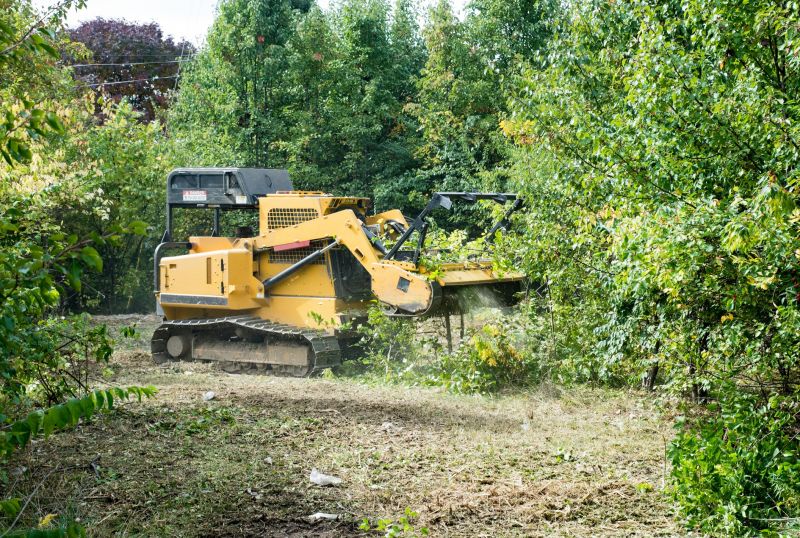
Specialized tools and machinery are used to ensure efficient extraction of fence posts without damaging the land.
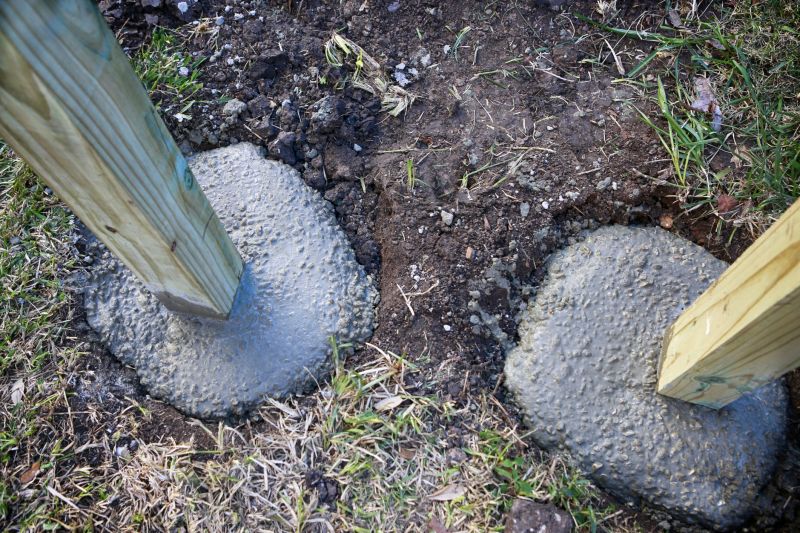
Proper soil moisture levels are essential for safe and effective fence post removal.
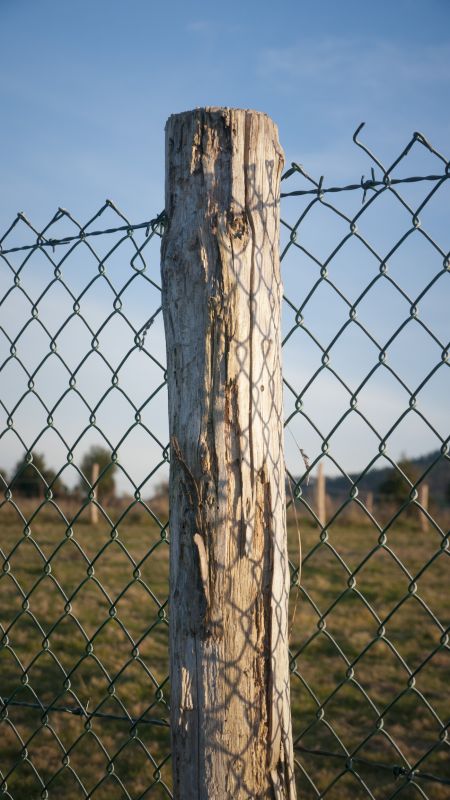
Weather plays a crucial role in determining the best time for fence post removal services.
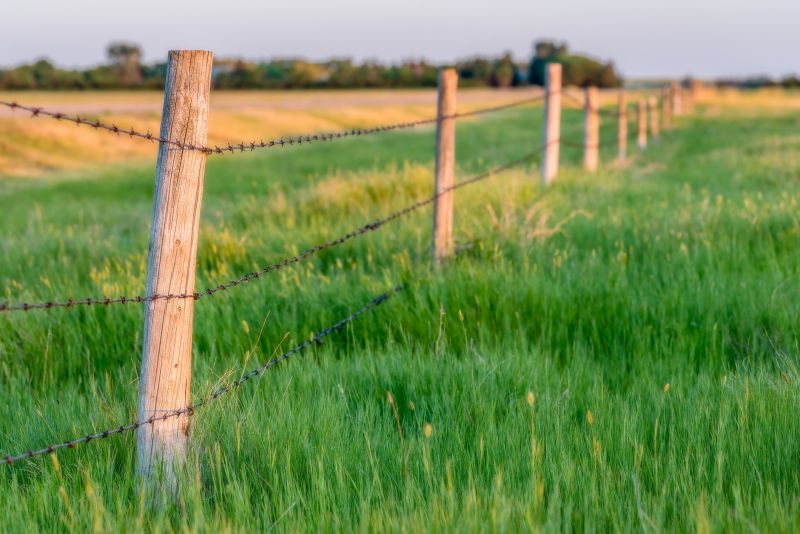
Ways to make Fence Post Removal Service work in tight or awkward layouts.
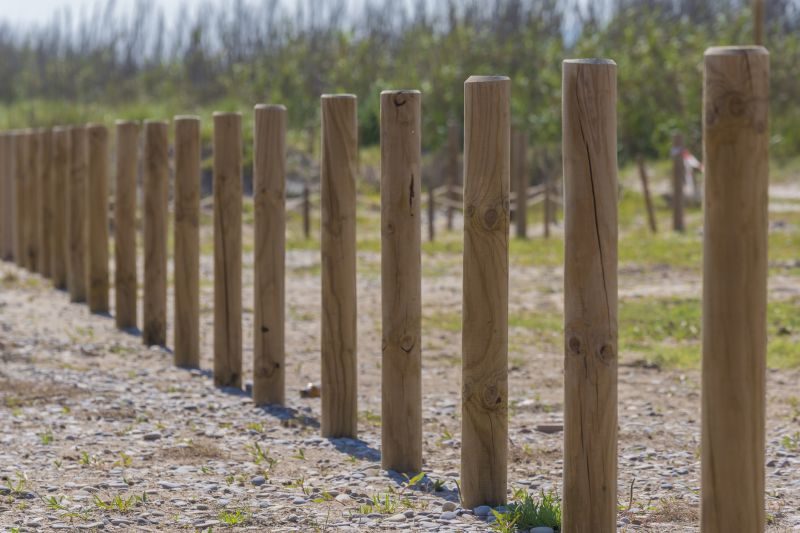
Popular materials for Fence Post Removal Service and why they hold up over time.
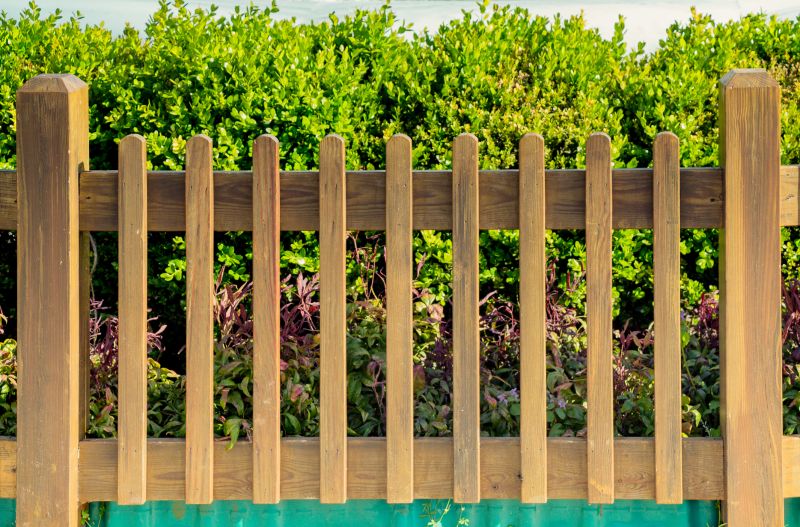
Simple add-ons that improve Fence Post Removal Service without blowing the budget.
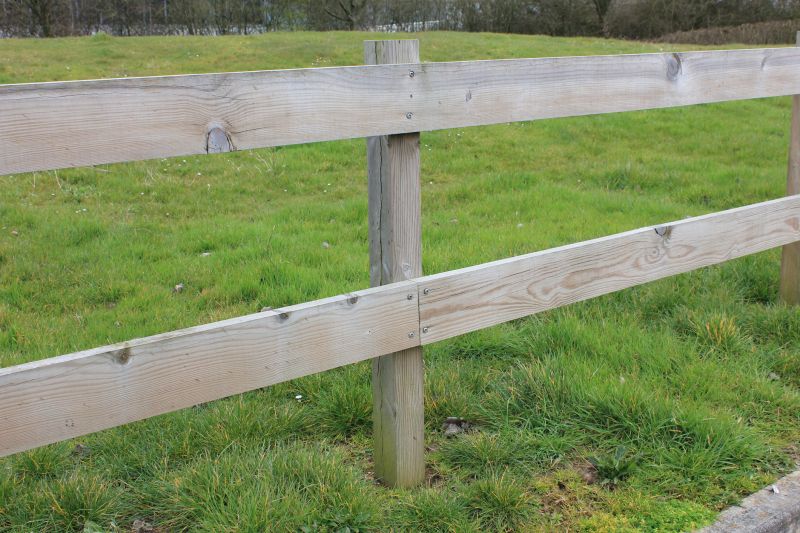
High-end options that actually feel worth it for Fence Post Removal Service.
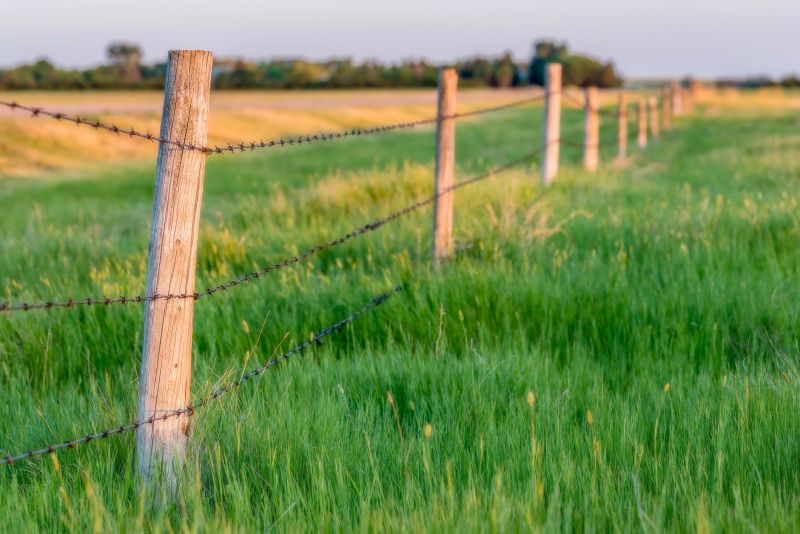
Finishes and colors that play nicely with Fence Post Removal Service.
Fence post removal service involves extracting old or damaged posts from the ground, often in preparation for new fencing or land clearing. Proper timing ensures minimal disruption to the land and surrounding environment. It also helps prevent soil erosion and damage to existing vegetation. The process typically includes assessing soil conditions, selecting appropriate equipment, and carefully removing posts to preserve land integrity.

Using specialized machinery to efficiently extract fence posts from various soil types.

Strategies to minimize land disturbance during post removal.

Adapting techniques based on seasonal soil and weather conditions for optimal results.
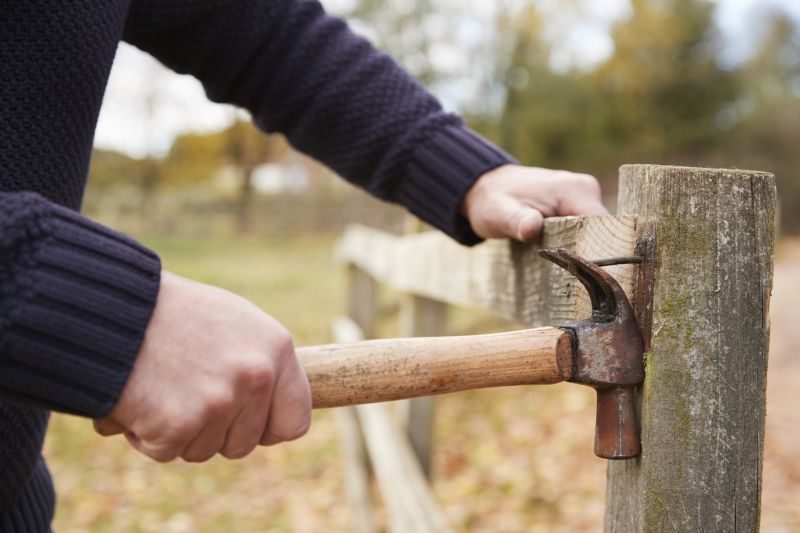
Steps to restore the land post-removal for future use or landscaping.
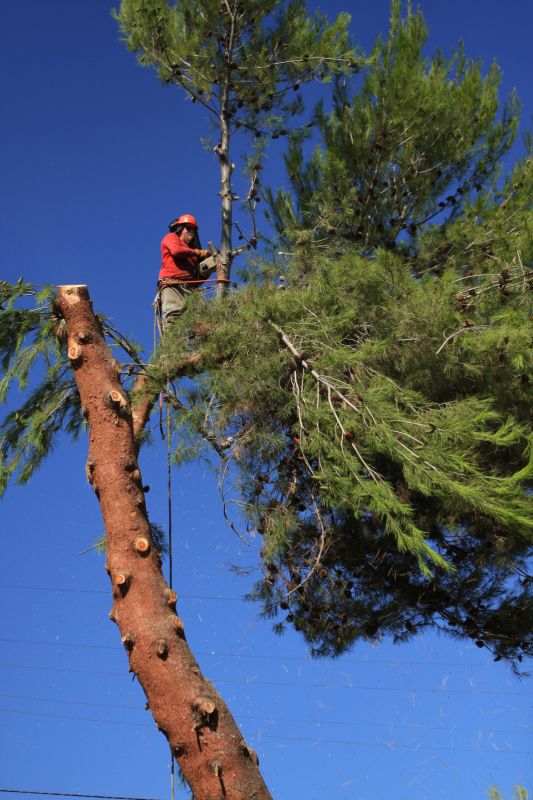
Ensuring safety for workers and land integrity during the process.
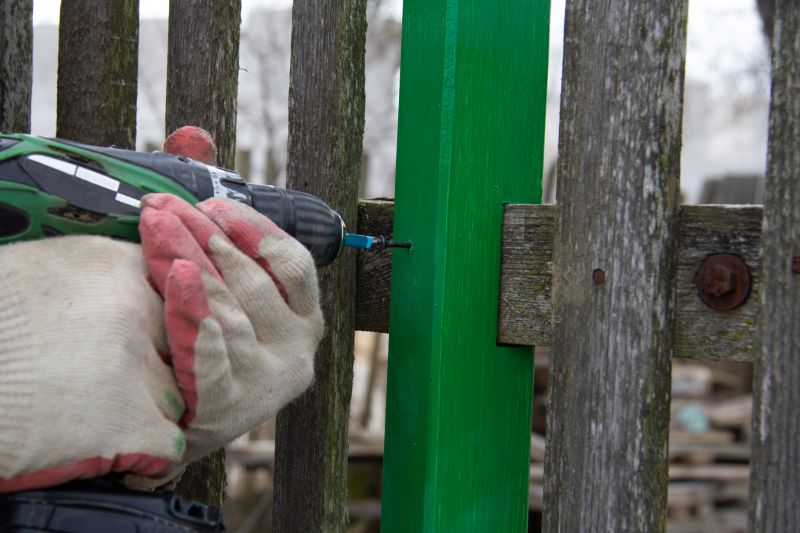
Overview of tools and machinery utilized for efficient extraction.
| Season | Best Conditions |
|---|---|
| Late Fall | Soil is often frozen or moist, easing removal. |
| Early Spring | Soil is soft from snowmelt or rain, facilitating extraction. |
| Summer | Less ideal due to dry, hard soil conditions. |
| Winter | Challenging due to frozen ground and snow cover. |
| Post-Rainfall Period | Ideal when soil is sufficiently moist but not waterlogged. |
Choosing the right time for fence post removal can lead to more efficient work and better land preservation. Factors such as soil moisture, weather conditions, and vegetation growth play critical roles in determining the optimal window for service. Proper planning ensures minimal land disturbance and prepares the area for future fencing or land development projects.
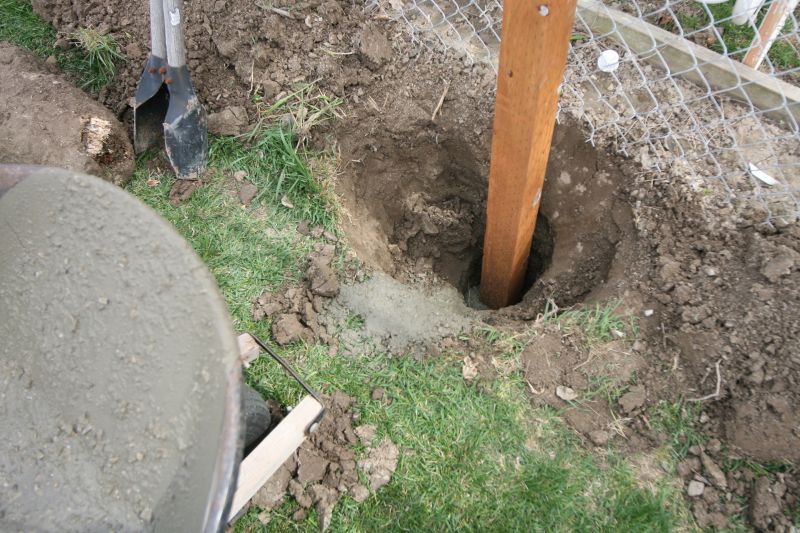
Heavy-duty machinery designed for efficient extraction of posts.
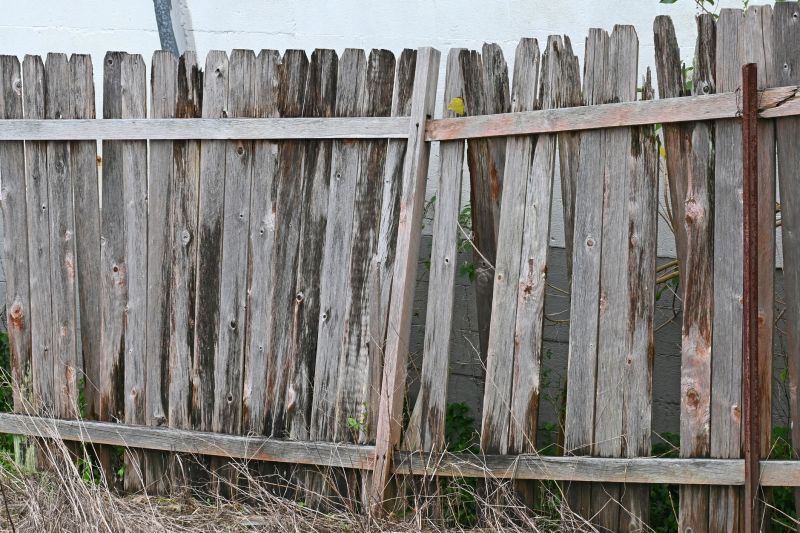
Understanding soil moisture levels to optimize timing.
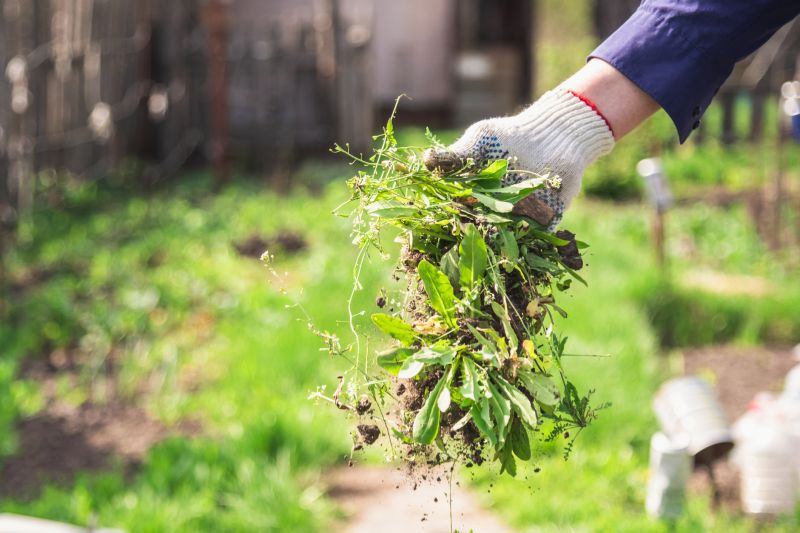
Adapting removal techniques to seasonal soil and weather conditions.
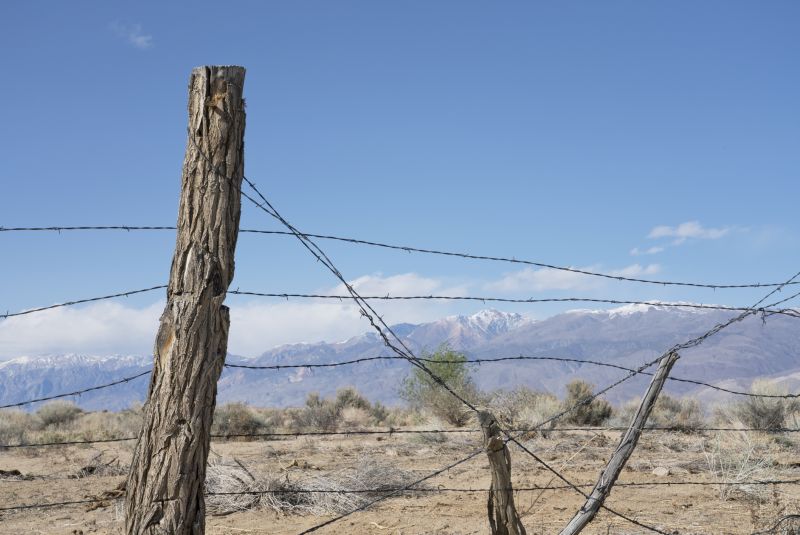
Preparing land after removal for new fencing or landscaping.
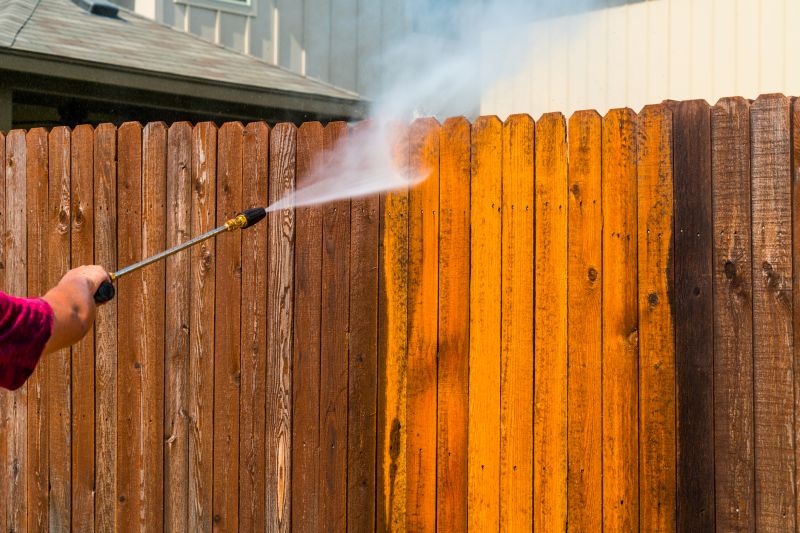
A 60-second routine that keeps Fence Post Removal Service looking new.
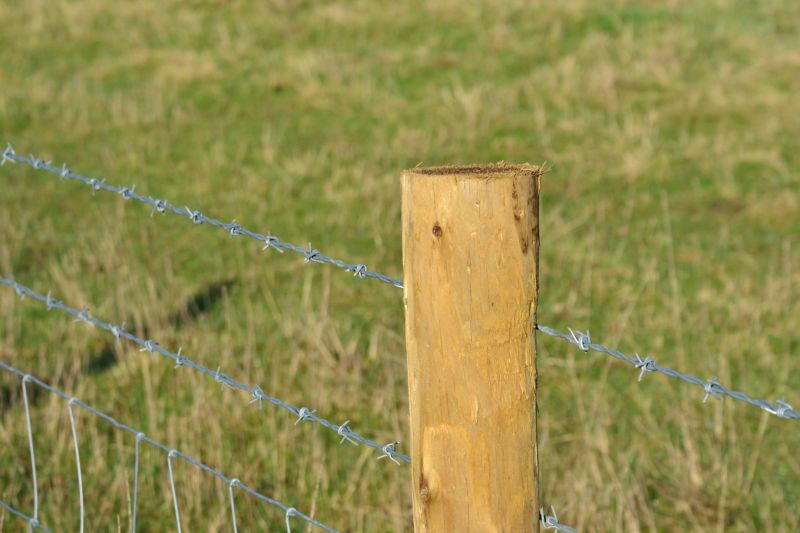
A frequent mistake in Fence Post Removal Service and how to dodge it.
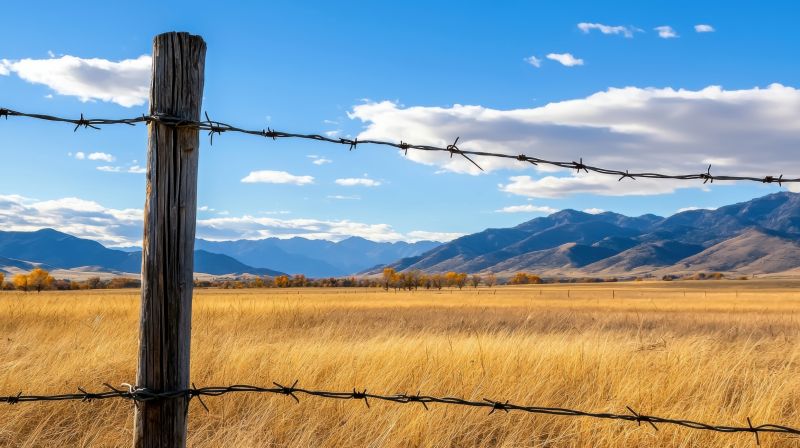
Small tweaks to make Fence Post Removal Service safer and easier to use.

Lower-waste or water-saving choices for Fence Post Removal Service.
Interested in fence post removal services? Filling out the contact form can provide more information and help schedule the service at the most suitable time for land conditions. Proper timing and professional execution can ensure a clean, efficient process that prepares land for future use.



